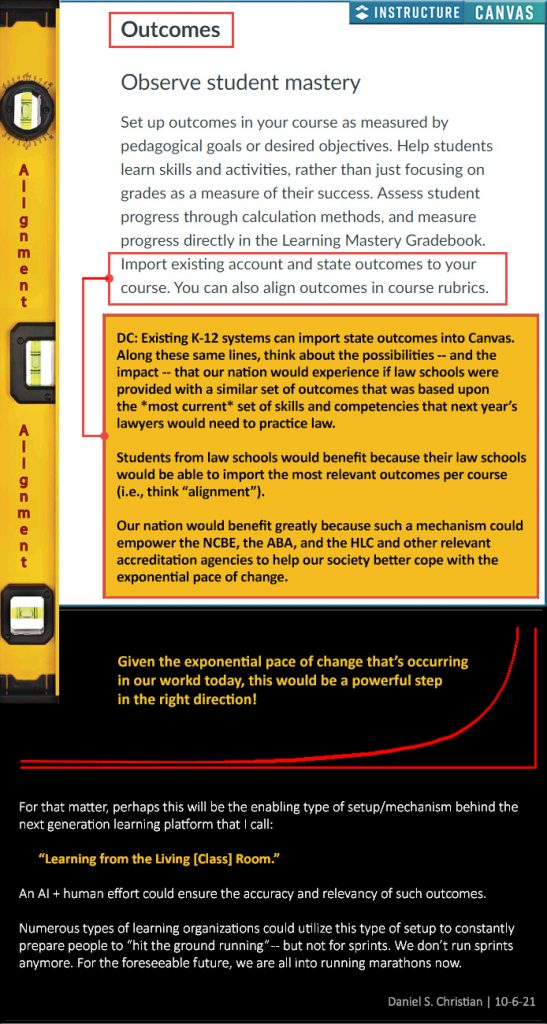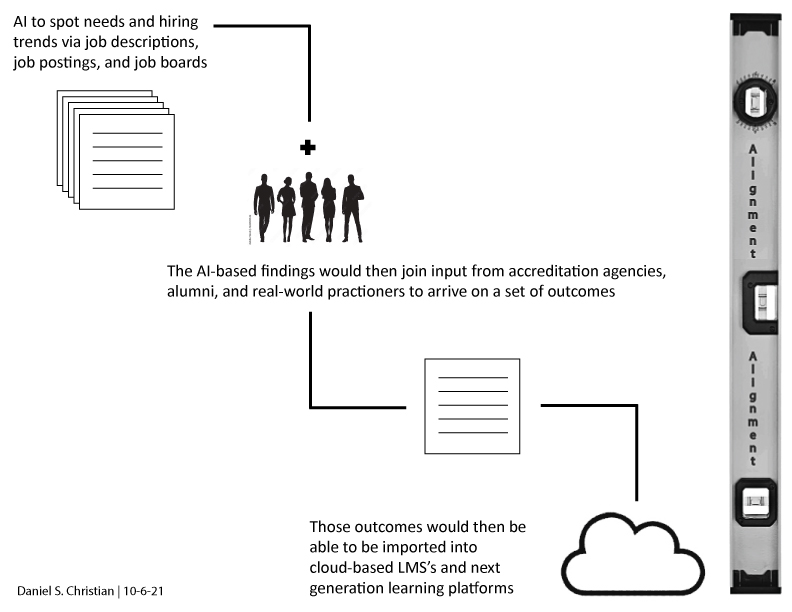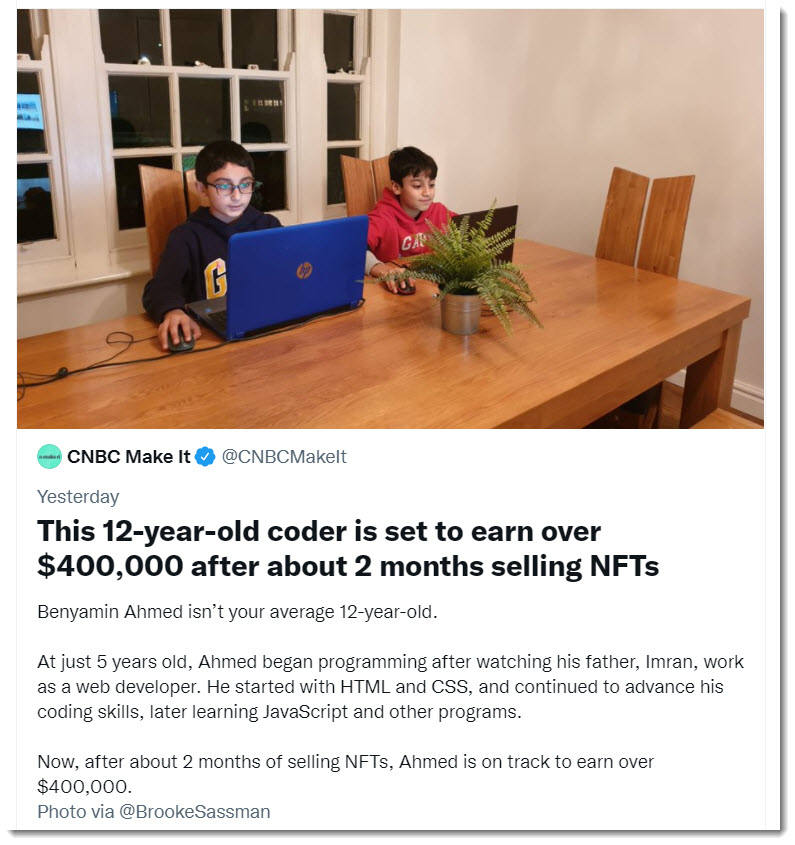Americans Need a Bill of Rights for an AI-Powered World — from wired.com by Eric Lander & Alondra Nelson
The White House Office of Science and Technology Policy is developing principles to guard against powerful technologies—with input from the public.
Excerpt (emphasis DSC):
Soon after ratifying our Constitution, Americans adopted a Bill of Rights to guard against the powerful government we had just created—enumerating guarantees such as freedom of expression and assembly, rights to due process and fair trials, and protection against unreasonable search and seizure. Throughout our history we have had to reinterpret, reaffirm, and periodically expand these rights. In the 21st century, we need a “bill of rights” to guard against the powerful technologies we have created.
Our country should clarify the rights and freedoms we expect data-driven technologies to respect. What exactly those are will require discussion, but here are some possibilities: your right to know when and how AI is influencing a decision that affects your civil rights and civil liberties; your freedom from being subjected to AI that hasn’t been carefully audited to ensure that it’s accurate, unbiased, and has been trained on sufficiently representative data sets; your freedom from pervasive or discriminatory surveillance and monitoring in your home, community, and workplace; and your right to meaningful recourse if the use of an algorithm harms you.
In the coming months, the White House Office of Science and Technology Policy (which we lead) will be developing such a bill of rights, working with partners and experts across the federal government, in academia, civil society, the private sector, and communities all over the country.
Technology can only work for everyone if everyone is included, so we want to hear from and engage with everyone. You can email us directly at ai-equity@ostp.eop.gov.









 Source:
Source: 


